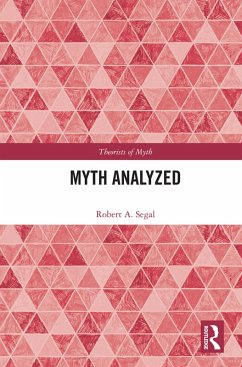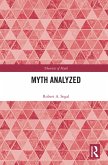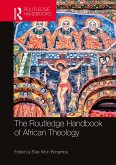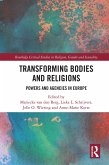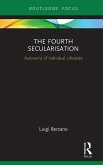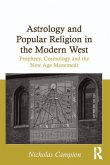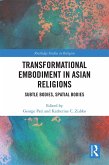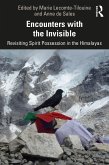Dieser Download kann aus rechtlichen Gründen nur mit Rechnungsadresse in A, B, BG, CY, CZ, D, DK, EW, E, FIN, F, GR, HR, H, IRL, I, LT, L, LR, M, NL, PL, P, R, S, SLO, SK ausgeliefert werden.
"Fans of Robert Segal's studies of myth and myth-theorists have a treat waiting for them. In a single handsome volume, Segal has assembled informative studies of a veritable All-Star team of modern myth-theorists. Among them, Segal includes the better-known psychologists, Otto Rank, Sigmund Freud and Carl Jung, philosophers, Lucien Levy-Bruhl, 'arm-chair' anthropologists, E.B. Tylor and Sir James G. Frazer, social anthropologists, Bronislaw Malinowski, and Claude Levi-Strauss, classicists, Jane Harrison and Walter Burkert, and popular mass media theorist of the hero-myth, Joseph Campbell. Readers may also first learn of the work of lesser-known figures such as psychiatrist-physician, David Winnicott. Person favorites in this volume show Segal at work analyzing such familiar points in Biblical literature as King Saul. Up-to-date critical treatments of Chicago's Bruce Lincoln work on myth round out this fulsome work." - Ivan Strenski, University of California, USA
"This latest volume of Robert Segal's prolific publications amply demonstrates why he is one of the most important scholars now writing on myth. In thirteen essays, eleven of them previously published but here revised and two of them new, he displays his unrivaled control of the history of the study of myth, and of its varied scholarly representatives, from antiquity to the present. His overriding question is two-fold: what is myth, and how does it relate to other concepts and fields of study ranging through religion, literature, anthropology, psychology, history, and science? In answering this question, Segal lays bare, acutely and often pungently, the differences between 19th and 20th century approaches to myth, and the diversities, complexities, and subtleties in the perceived relationship of myth to science. His essay on Hollywood movie stars as mythical figures illuminates, with a deft touch of humor, a different way to think about myth that escapes many of the dead ends of older debates." - Peter Machinist, Harvard Divinity School, USA.
"For those of us who presume to analyze myth, whether for pleasure or profit, Robert Segal brings a salutary rationality. He inquires of the seminal theorists whose thinking he presents what claims they have made about the sociology, anthropology, psychology, natural science, and politics of the mythologies they've chosen for study. He identifies the intellectual and affectual mythologies that have emerged from these discipline crossings, and in this way situates what may be the most fascinating thing to contemplate in any theory of myth. This does not lie in what it explains, but in how it reveals the degree to which a new mythology emerges each time a myth is analyzed." - John Beebe, author of Integrity in Depth

